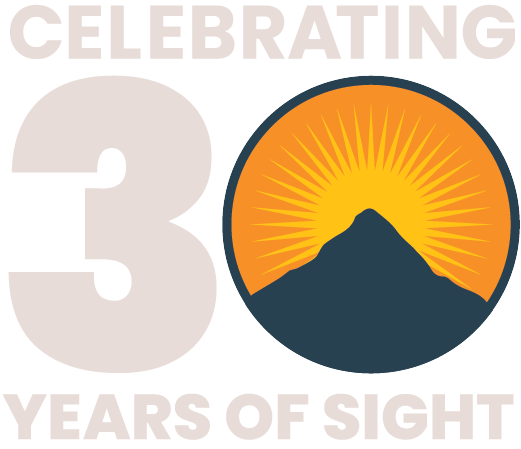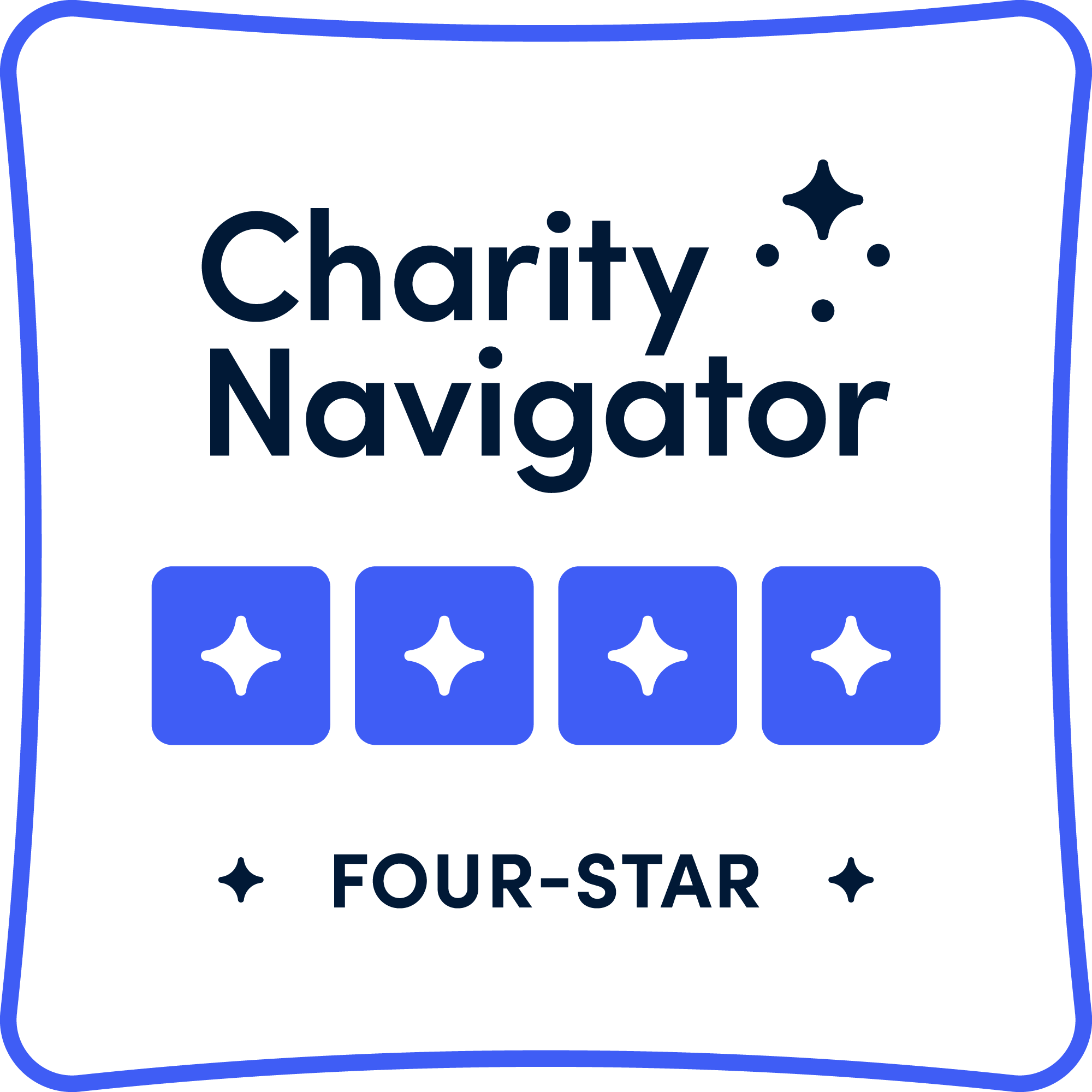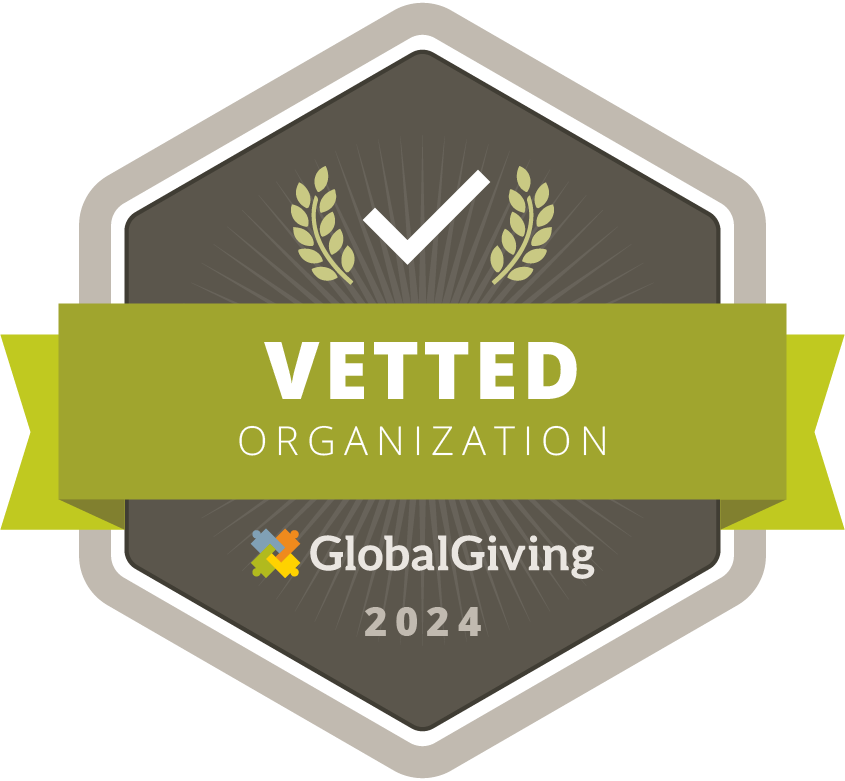Dr. Agatha Mensa-Debrah
Dr. Agatha Mensa-Debrah wears more than one hat in her work to eliminate preventable blindness.
She is an Optometrist for Ghana Health Services, helping people with their vision problems and prescribing corrective glasses. She is also HCP’s Monitoring, Evaluation and Learning (MEL) Specialist for Ghana and plays an important role implementing HCP’s Global Cataract Surgery Standard aimed at improving patient outcomes.
During a recent outreach in Ghana, HCP’s MEL Manager, Nick Lawrence, sat down with Dr. Mensa-Debra to discuss the impact of her work.
How did you first get involved with HCP?
I was assigned as technical support to Ghana Health Services. I have a background in optometry and public health, specifically in epidemiology and disease control. Because of this background, I was brought on to work on the National Cataract Outreach Program (NCOP). I went to my first training in July of 2019. I've also been working on monitoring and evaluation since May 2021.
What do you feel in those moments when your patients regain their sight?
Relieved and excited. Usually the patients are excited and their excitement is infectious. I feel relieved because I see all of the patients at biometry, and sometimes they express fear about the surgery. So it makes me happy when seeing patients excited and expressing gratitude. It's a sense of being able to help.
What is your hope for the patients whose lives you have changed?
My hope for them is that they will help us help another in their community. Most patients become agents of advocacy for us. We can't reach everyone, but they can talk to people and help us spread the message. It's also very difficult for many people to be blind because they need to rely on their families as caretakers. Sometimes their kids or grandkids can't go to school. So when you change one person's life, you're not just changing one person's life, you're changing the whole chain of people. Most of our patients are in very remote areas - they're hard to access and have limited access to eye care services. Even when there are services, there are not always surgeons. So we bring the care to them and they don't have to travel as far.
How has HCP impacted the work that you do?
It gives me the opportunity for hands-on practice. I've sharpened my teaching and training skills. Monitoring and evaluation also takes it to another level. I worked with data in my masters degree, but now I get to do it with NCOP. I am learning new things every day.
What are your hopes for the future of eye care in your country?
I hope we will create a really sustainable plan for NCOP. We have a good plan and we need to do it ourselves. In five or ten years I hope we'll have a new crop of surgeons who will go all over the country with us. I also hope we will continue to build better systems in terms of resources and data.




